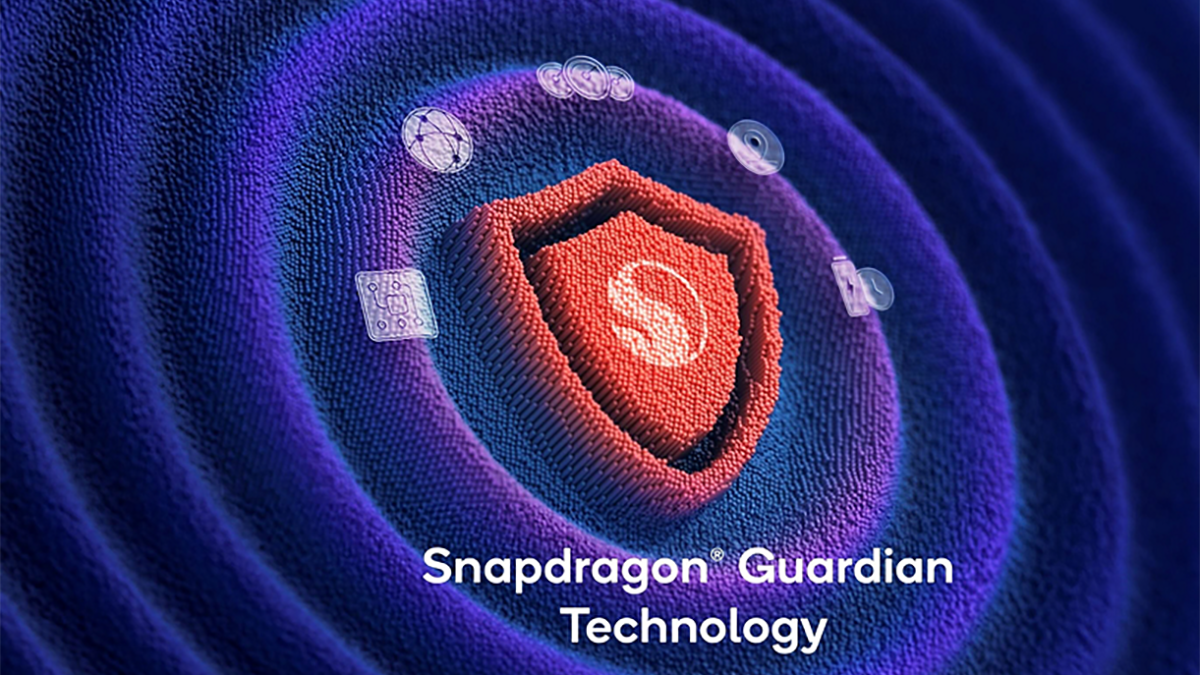Qualcomm Guardian is its rival to Intel's popular vPro platform management system - it can even work without Wi-Fi, but I'm not sure whether it's such a good thing
Snapdragon Guardian has built-in cellular connectivity

- Snapdragon Guardian extends PC management beyond Wi-Fi with built-in cellular connectivity
- Always-on access raises new questions about privacy and control of devices
- Adoption may depend on balancing technical benefits with trust and transparency
Managing and securing the growing number of connected PCs is becoming harder as cyberattacks and data breaches continue to rise.
Qualcomm is positioning its new Snapdragon Guardian platform as a rival to Intel’s widely used vPro system, offering out-of-band management and security features designed for PCs.
Unlike conventional approaches, Guardian works even when devices are powered down, offline or unbootable.
Snapdragon X2 Elite
The technology will debut in the upcoming Snapdragon X2 Elite platform and combines hardware, firmware and cloud services.
Qualcomm says Guardian is compatible with existing IT management systems and can scale from individual users to entire fleets.
Guardian’s reliance on built-in cellular connectivity is what sets it apart from other solutions, as by integrating 4G, 5G and Wi-Fi 7 modems directly into the platform, devices can be tracked, updated and even wiped remotely without relying entirely on Wi-Fi.
For IT teams, that means management continues even when laptops are switched off or disconnected.
Sign up to the TechRadar Pro newsletter to get all the top news, opinion, features and guidance your business needs to succeed!
Security teams warn about unmanaged or unprotected devices, with some research suggesting most ransomware attacks begin from endpoints outside IT oversight. Out-of-band management can close that gap, but Guardian extends the model beyond the local network.
Qualcomm also highlights Guardian’s ability to support features such as geofencing, location tracking and remote remediation.
These are managed through a new web and app-based dashboard that aims to simplify oversight.
The system can be used by enterprises, smaller businesses and even individual consumers seeking better theft protection.
However, a device that remains reachable even when powered down inevitably raises privacy and user control questions. Yes, Guardian could make IT oversight more effective, but then there’s still the issue of who holds access and under what circumstances.
With Guardian, Qualcomm is exploring new ways to blend connectivity with security here, but for businesses to adopt it over established platforms like vPro will come down not only to technical performance but also how concerns around data access and trust are addressed.
You might also like

Wayne Williams is a freelancer writing news for TechRadar Pro. He has been writing about computers, technology, and the web for 30 years. In that time he wrote for most of the UK’s PC magazines, and launched, edited and published a number of them too.
You must confirm your public display name before commenting
Please logout and then login again, you will then be prompted to enter your display name.